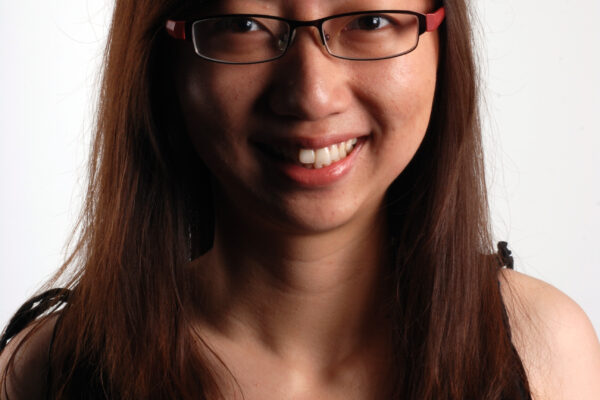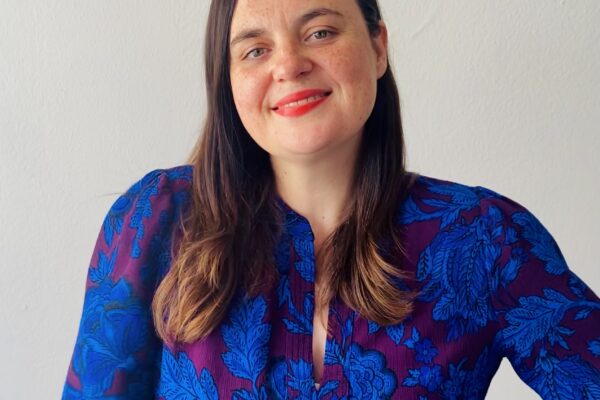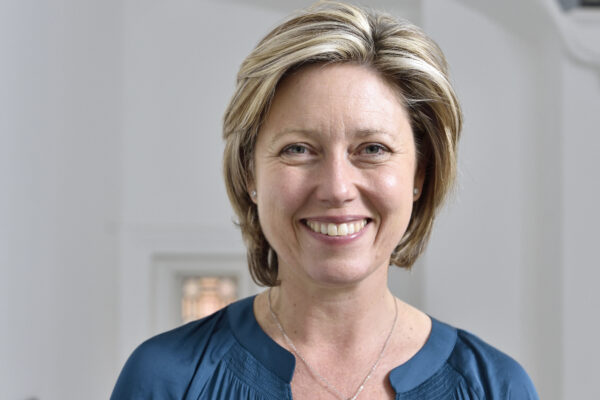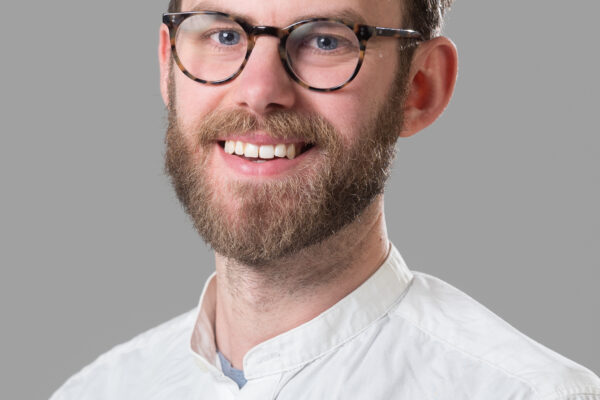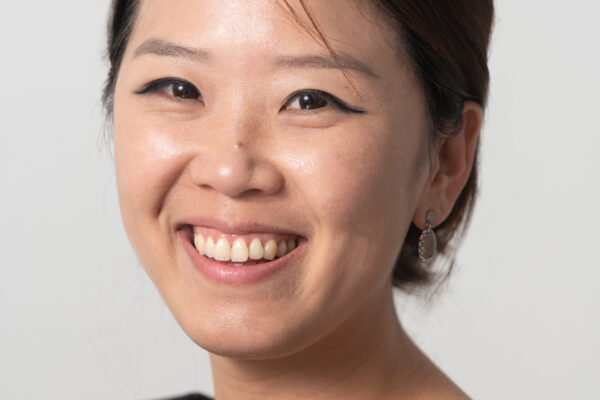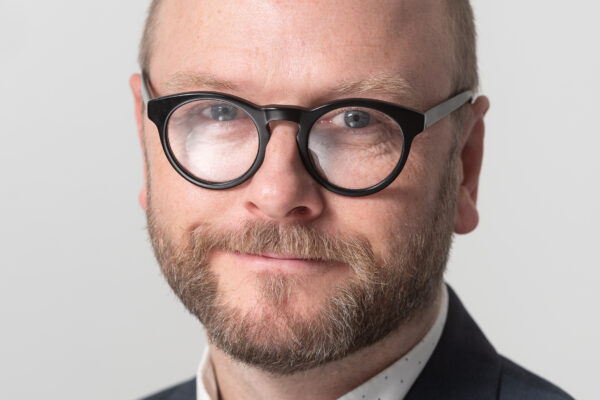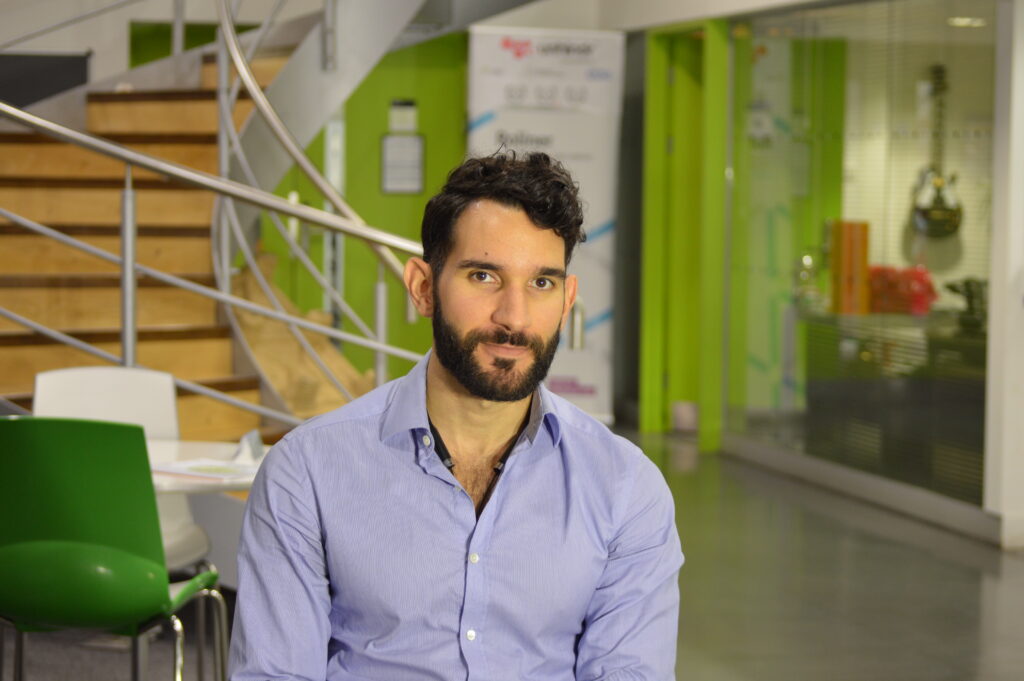
Success stories
unhindr
An award-winning startup is combing soft robotics and artificial intelligence to design a prosthetic liner, Roliner, that adapts to individuals’ physiology and routine, preventing sores and keeping them mobile.
Entrepreneur and PhD student Ugur Tanriverdi founded unhindr in 2018, with assistance from the MedTech SuperConnector and early-stage funding from the European Institute of Innovation & Technology (EIT) Heath.
In September 2020, Ugur received Mayor’s Entrepreneur title in the health category from the Mayor of London, bringing unhindr a £20,000 grant for product development. Then in February 2021, unhindr secured a £500,000 industrial grant from Innovate UK to research the manufacturing feasibility of Roliner. That brought the total amount of seed funding raised to £1.2 million.
Ugur comments: “Roliner will help amputees walk for longer and reduce their clinical dependence as well as saving both time and money for patients and healthcare systems.”
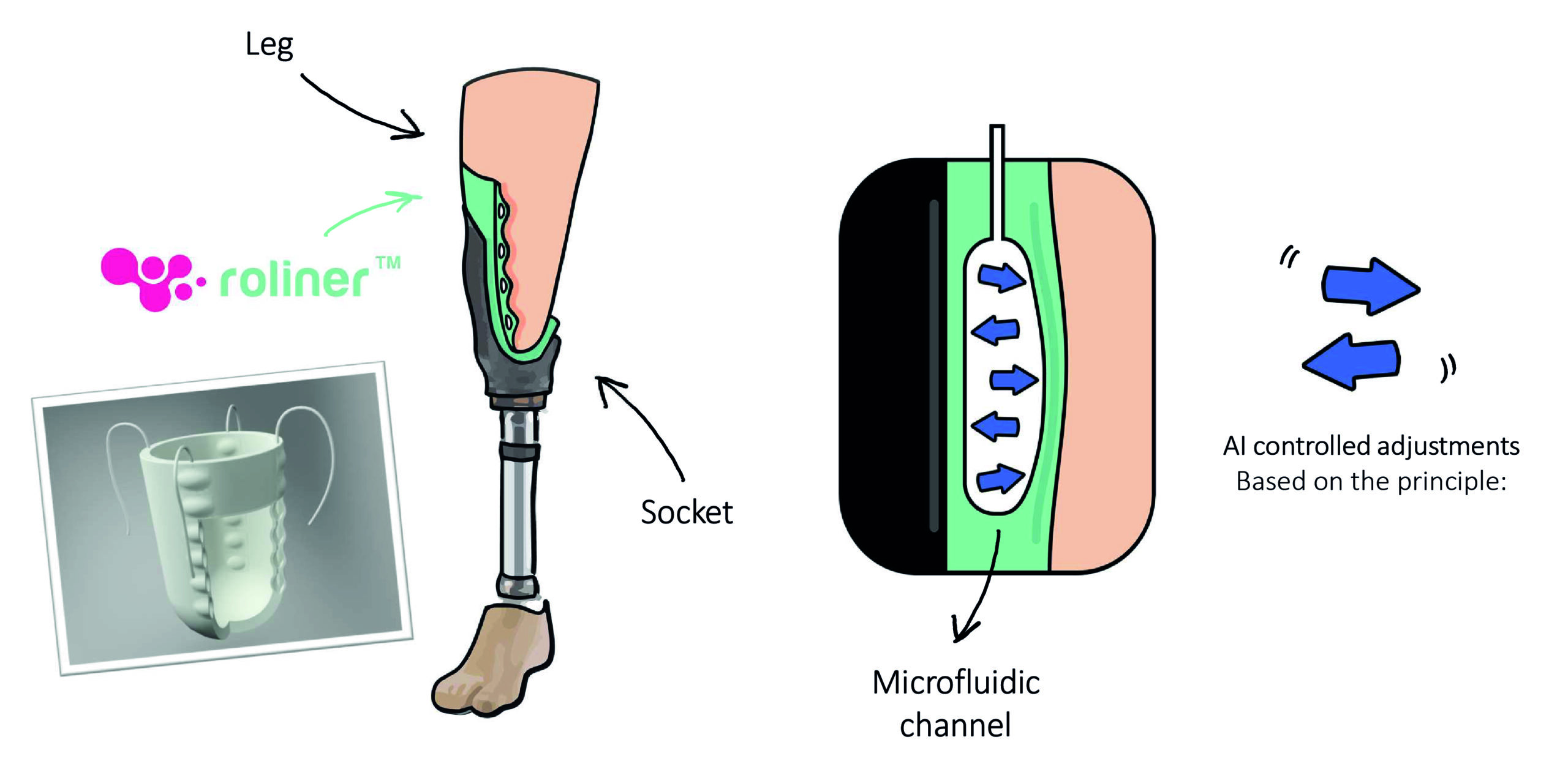
The struggle to stay mobile
People with lower-limb amputations must wear a prosthetic limb to be able to walk again. The prosthetic limbs are attached to the body with a structure made of rigid plastics – known as the socket – to carry the body weight. Sockets tend to be hand-made to ensure the best custom fit, and silicone sleeves, known as liners, are often used for comfort.
However, 75% of amputees are unhappy with their sockets, partly due to the fact that the legs naturally change shape on an hourly basis, while a custom-made rigid socket doesn’t. This leads to skin rubbing, burning blisters, bleeding wounds and eventually painful ulcers. Amputees generally have to replace sockets up to four times a year, at great cost and inconvenience. The ultimate outcome for many is loss of mobility. The probability of an amputee walking with a prosthetic leg more than 500 metres a day is 74% at age 35; dropping to only 34% at age 60, with many becoming almost wheelchair-bound.
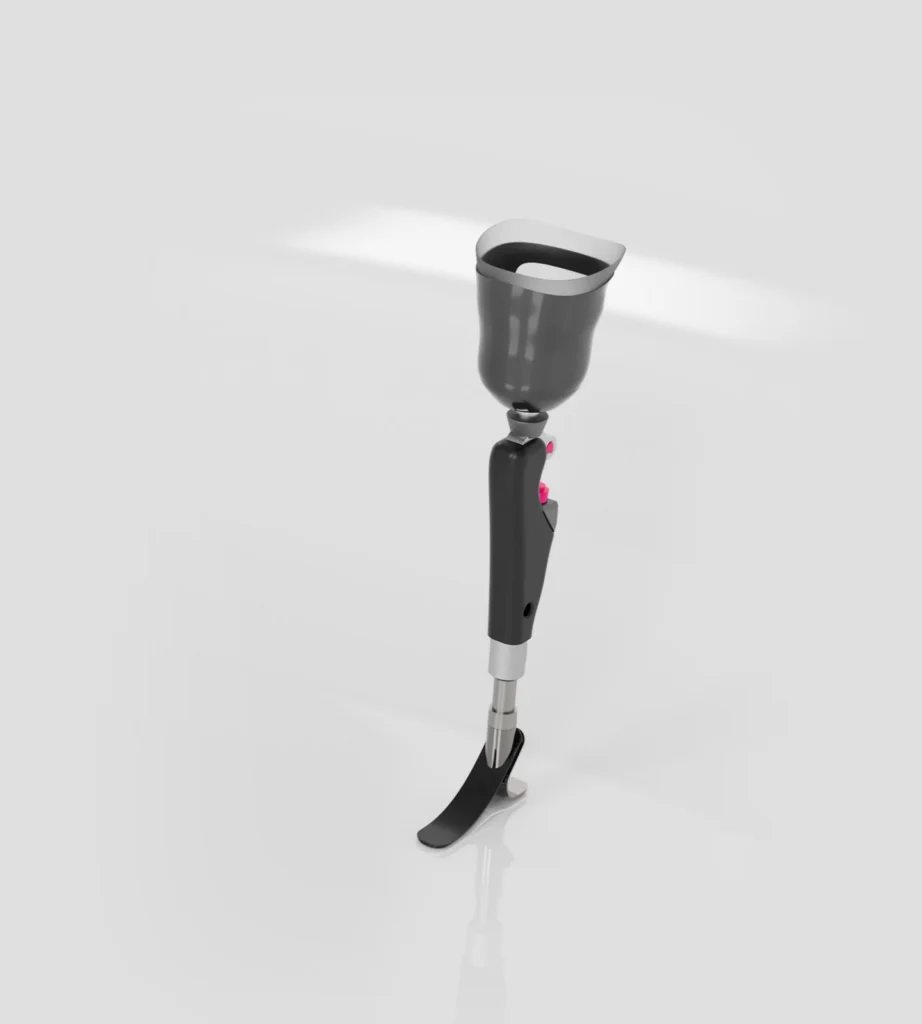
A coming together of people and technology
Ugur, who has an MRes Medical Device Design and Entrepreneurship from Imperial, says he became interested in the problem of prosthetic limb ergonomics and technology through a series of chance alignments and meetings. After volunteering with the charity ‘my AFK,’ which helps disabled children and young people live independent and fulfilling lives, he decided that he wanted to use his engineering skills to directly benefit people. That opportunity then came through a chance meeting with Dr Firat Guder, a Harvard researcher who was setting up a new research lab at Imperial, partly focused on smart materials in healthcare.
Through his PhD research in the Guder lab, and with support from the MTSC, Ugur was able to develop a proof-of-concept of the Roliner device.
Essentially it consists of a thin but robust liner that fits inside of the prosthetic socket. Embedded within the walls of the liner are adjustable microfluidic channels, which can inflate and deflate, following instructions from a sensor box placed on the outside of the socket. Accelerometers and gyroscopes in the sensor know when the individual is walking or sitting down, for example and can seamlessly and continuously adjust the liner’s geometry accordingly. The sensor box can also relay data wirelessly to a smartphone, and by extension, the cloud, where advanced AI algorithms analyse trends in individuals’ behaviour and comfort preferences over time.
The prototype device is currently undergoing several rounds of early testing and feedback in patients, with full clinical trials planned for 2021. The company has a number of clinical advisors including Dr Joseph Shalhoub, a vascular surgeon at St Mary’s Hospital and an honorary senior lecturer at Imperial.
The ongoing entrepreneurial journey
The unhinr team is now led by Ugur as CEO, Dr Guder as CSO and Guglielmo Senesi as CTO, and Tarek Asfour as Product Engineer. Commenting on the journey to date, Ugur says:
“Developing a technology that has not been in the literature, has not been tested, and hasn’t been manufactured was the biggest challenge. When we faced problems, there wasn’t a guide or a manual to open and read. It was pure imagination, creativity, science, and engineering. Sometimes we had to start from scratch because there was a major problem, and no one could have warned us.
“We just needed one programme to believe in us and give us the opportunity to prove that Roliner was doable. And that was MedTech SuperConnector for us. It gave us business support, public engagement training, technical expertise and invaluable workplace and social interactions. Everyone directly or in-directly had an impact on us and made us who we are today. From the initial judging panel to the post-programme support mechanism, MedTech SuperConnector was fair, competent, and genuinely supportive.”
“We just needed one programme to believe in us and give us the opportunity to prove that Roliner was doable. And that was MedTech SuperConnector for us.”
Dr Ugur Tanriverdi, CEO of unhindr

